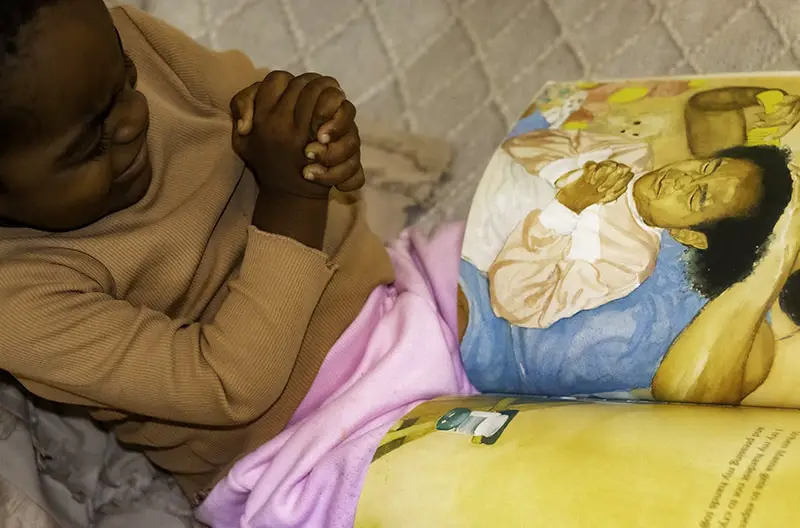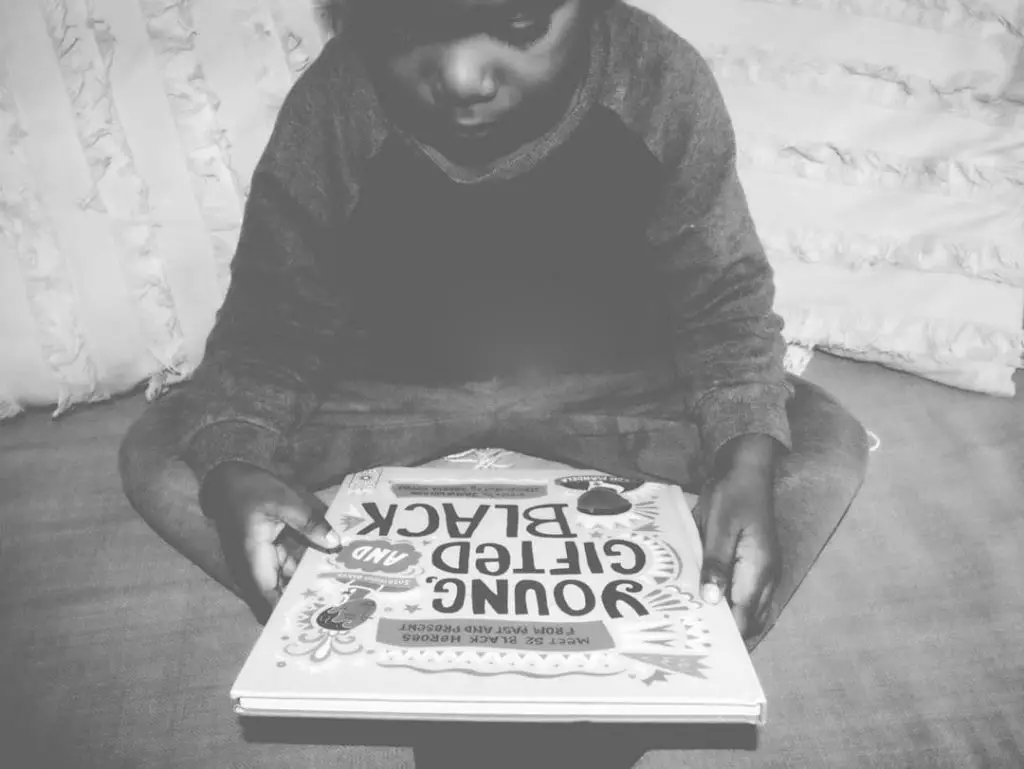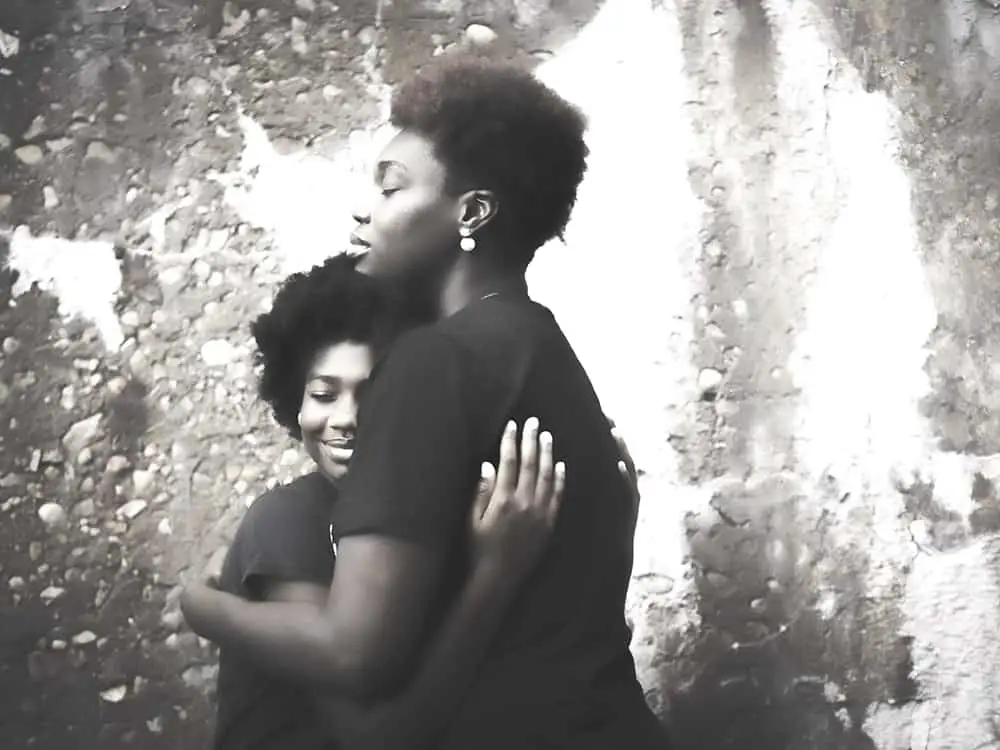More and more rites of passage type charities and organisations are popping up in America and the UK, for black children, primarily black boys. These are usually by parents and community activists who are concerned about our black youth and want to help change the narrative, which is often negative, and prepare them for the outside world appropriately.
In all ethnicities, various ceremonies and rituals people take part in, mark the end of one phase and the beginning of another stage in life. These ceremonies and rituals can also be considered as rites of passage.
Rites of passage are essential to humans. As studies show, humans need to mark their milestones to inspire themselves to do better, acquire new responsibility, and to keep the memory of the achievement. In the modern world, we celebrate birth and birthdays, graduations, weddings and funerals etc as common rites of passage. In traditional African society, the rites of passage were different for gender, clan, and tribe. These ranged from birth, second birth, initiation, marriage, parenthood, and death.

How Do I Find A Black Male Mentor For My Son, UK?
Agikuyu – Rites of Passage
In the Agikuyu community of Kenya, for instance, the second birth of a child was a rite of passage performed when the child was around four years. In the child’s first years, they stayed with their mother throughout, being nurtured and protected. When they turned four, they were ready to be separated from their mother as they were prepared to make their decisions and to take on minor responsibilities around the homestead. Therefore, the second birth was performed to reduce the dependency and bond between mother and child. The child could start a new phase in life with new responsibilities while learning his role in the tribe, and the mother could plan for another child if they so desired.
Maasai – Rites of Passage
In the Maasai community, boys practised a unique rite of passage that they no longer practice today. To mark their transition to manhood after circumcision, Maasai boys were given the test of bravery where they were supposed to hunt a lion with nothing but a spear.
The circumcision of boys is a common rite of passage in various countries across the world, but in African communities, it is done when the boys are adolescents. In many communities, it is practised to not only mark the transition from boy to man; it is also an oath by the boys that they will bravely uphold the ways of the tribe.
During the circumcision period, the boys are taught all the ways of men in their tribes; they are taught the essential tips on life that they should follow as young men. Similarly, for girls, while most communities have abolished female circumcision, the girls attend camps where they learn the values of a woman and their vital role in upholding and developing the practices of their tribe.
Rites of Passage in Africa
In Africa, the rites of passage were inspired by very intimate stages of a person’s life as they related with parents, clans and tribes. In most cases, these practices required a level of understanding that was not always informed by age, unlike today’s practices that follow an ageing system. Rites of passage then were tremendous milestones that were practised in strict adherence to clan and tribe laws, and they instilled in people a sense of responsibility to defend, develop, and sustain cultures.
The impact and role of many rites of passage have reduced; not a lot of weight is attached to their undertaking. We need to inspire our black children through imparting knowledge of life in them and rewarding their milestones with responsibility. As was done by our forefathers, marking a rite of passage needs to be accompanied by new knowledge to guide the young person through various stages in their life.
Reinventing Rites of Passage for Modern Day Black Culture
In our modern reality, we need to find new ways to fill the void left behind when traditional rites of passage changed. We obviously cannot have our boys go out and kill lions now – so in what ways and what methods can we use to teach them to face life with confidence and bravery? How can we teach young girls about womanhood? These are questions we need to consider in the same way we consider which things we want to buy them. We have to come up with ways to prepare our children for adulthood so when they are told they are now an adult, following a birthday, they are truly prepared. We need to show them what being an adult requires in terms of discipline and responsibility.
Why All Black Children Should Learn How to Play Chess
While birthdays and graduations are essentially rites of passage today, we have to come up with ways to use the celebrations to teach life to the youth. A black child needs to learn about money and economics as well as relationships and marriage, cooking, communication, and hygiene. Being an adult comes with different responsibilities, among them, taking care of self, ensuring personal development, and interacting with others in a way to benefit self.
Why Don’t All Schools Teach Home Economics as Compulsory?
In America, home economics (consumer science) is a study programmed to resemble a rite of passage, and it covers basics that prepare youth for adulthood. These are skills like cooking and nutrition and vital financial skills to ensure they have the means to live a secure and healthy lifestyle. In Africa, adolescent youths are admitted to camps where they are taught adulthood lessons. They are taught lessons about personal hygiene, sex and reproduction, and economics.
As we move deeper into demonising ‘gender roles’ we lose a lot of basic values along with it. From an African centred perspective, our roles helped us work in harmony with each other, for our children and our community. They set solid foundations and helped us build solid family structures; something we are seeing fall apart today.
Financial education, survival skills, looking after the home, cooking skills, nutrition education, morals and values etc. are vital and modern rites of passage that serve the same benefit as traditional ones. We have to use the practical ceremonies of today to teach our youth to be adults, and we need to invite them to ask questions about adulthood. We can use seminars, workshops, courses, and more to gather and teach them.
How To Teach Black Children Financial Literacy
Please share this post. Sharing is caring 🙂
“It takes a village to raise a child”
Throughout the diaspora, over the years the events that have occured have changed and destroyed many villages, litterally and figuratively speaking. The trust we once had in the village is very thin, and this is understandable. Some might even say “what village?”, again, very understandable. Over time society has pushed us further apart when we need to come together the most.
One example is the cost of living and gentrification, for those who grew up in the city, we now tend to venture further out for a better quality of life and cost of living. The downside is we lose what we had in a community and have other things to face such as being the only black face for a few blocks, and our children’s experiences and identities change dramatically as a result. This is why the concept of ‘finding your village is important’. The village served many purposes once upon a time, namely, support, education and protection. There were skilled and educated family and wider family members who our children would be around and learn things we as the parents didn’t know. We also didn’t have to concern ourselves with ‘finding a babysitter’. There were trusted elders and other mothers whom we knew our children would be in safe hands with.
These days, one of my biggest concerns as a mother is whether I can leave my child with this person or not, the trust element missing is a sad reality.
I don’t think we need to throw the concept of having a village out, however. Just like the Rites of Passage things can be revised and made to fit our current climate. Finding your village is doing just that. Finding like-minded people, building child-focussed community groups, such as the black homeschool forum, ensuring other families and parents have values that align with yours. Getting your children together to play chess, football, study etc. slowly building up the trust and support network. This is how we get our villages back.

What are the Seven Principles of Kwanzaa & What Do They Teach Our Children?




